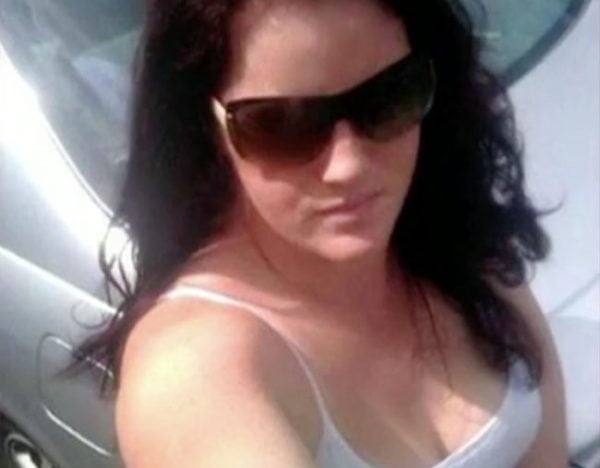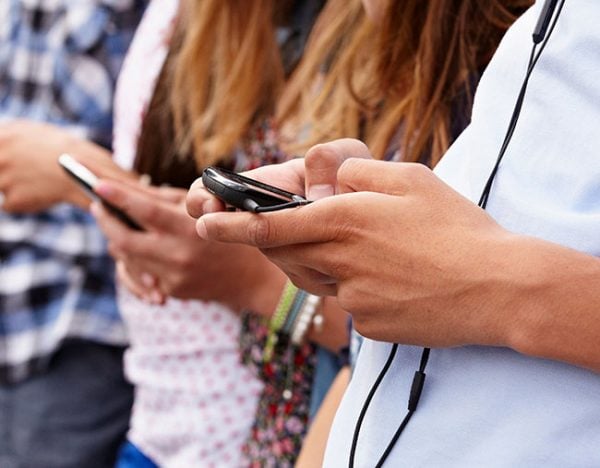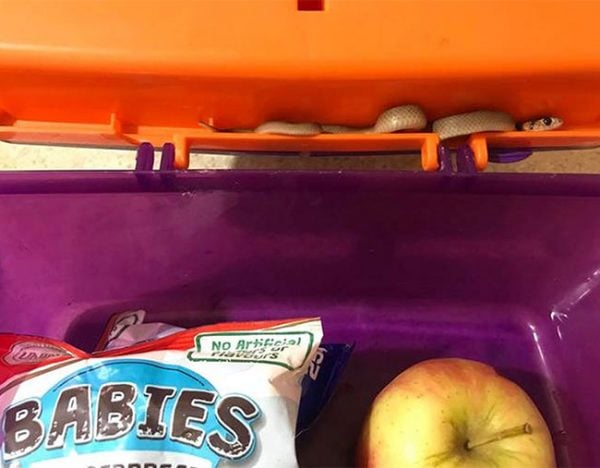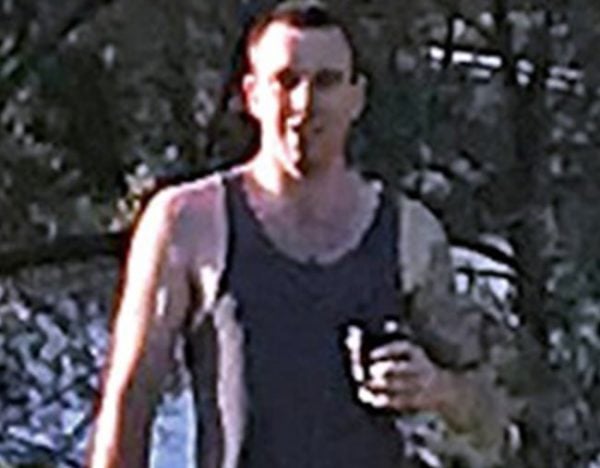1. “It’s just creepy.” Mother and daughter catch drone spying on them sunbathing in their backyard.
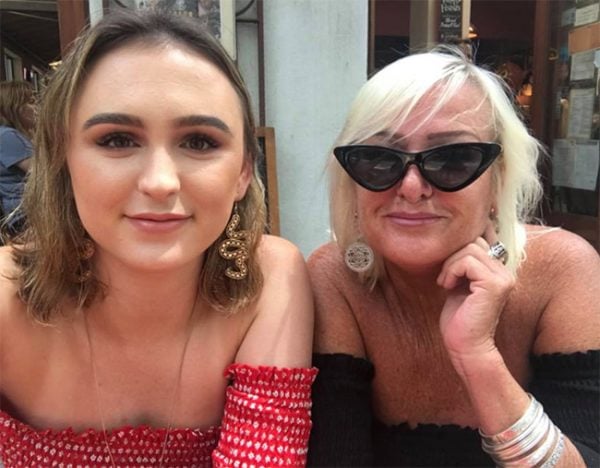
An afternoon enjoying the outdoors quickly turned creepy for a New Zealand mother and daughter who realised, too late, a drone had been spying on them sunbaking in their backyard.
Morgaine Halligan, 23, and her mother Melissa Ray in Auckland were wearing bikinis and enjoying the evening sunlight in the privacy of their fenced backyard when Halligan noticed a drone flying above the pair.
"I was changing in a fenced-off backyard; when I finished I looked up and saw a drone," Halligan told New Zealand Herald.

